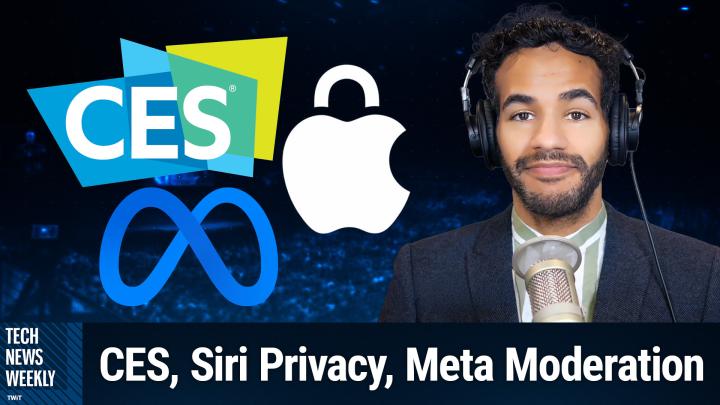Meta's Moderation Mayhem: The Consequences of Abandoning Fact-Checking
AI-generated, human spot cleaned.
In a move that has shocked the tech industry, Meta, the parent company of Facebook and Instagram, has announced its decision to end fact-checking on its platforms. This controversial shift in content moderation policy has sparked a heated debate about social media giants' responsibilities and potential consequences for public discourse.
Joining Tech News Weekly to discuss the implications of Meta's decision is Imran Ahmed, CEO of the Center for Countering Digital Hate. Ahmed pulls no punches in his criticism of Meta's move, arguing that it will "turbocharge the spread of unchallenged online lies." He points to the company's previous acknowledgment of the algorithmic amplification of contentious content and the necessity of moderation to prevent a flood of misinformation, hate speech, and conspiracy theories from overwhelming users' feeds.
Meta's decision to replace fact-checking with a community notes system, similar to the one employed by X (formerly known as Twitter), has been framed by the company as a move to restore free expression. However, Ahmed counters that this justification rings hollow, given the real-world harms that can result from the unchecked spread of misinformation. He cites examples of online bullying leading to teenage suicide, COVID-19 conspiracy theories fueling anti-vaccination sentiment, and disinformation campaigns inciting racial violence.
The crux of the issue, according to Ahmed, lies in the inherent design of social media platforms, which prioritize engagement above all else. By abandoning fact-checking and relying solely on community moderation, Meta is effectively abdicating its responsibility to curb the spread of harmful content. The Center for Countering Digital Hate's research has shown that community moderation systems, such as the one used by X, are woefully inadequate in addressing the sheer volume and velocity of misinformation.
As the debate rages on, one thing becomes clear: the decisions made by social media giants like Meta have far-reaching consequences that extend beyond the digital realm. The spread of misinformation and hate speech online can fuel real-world violence, erode public trust in institutions, and undermine the very fabric of democracy.
For a more in-depth exploration of Meta's content moderation decision and its potential ramifications, be sure to listen to the full episode of Tech News Weekly. Hosts Mikah Sargent and Dan Moren delve into the complexities of balancing free speech with the need for responsible content moderation, offering insights from a range of perspectives.
To stay informed about the latest developments in tech policy and the ongoing battle against online misinformation, subscribe to Tech News Weekly wherever you get your podcasts.
